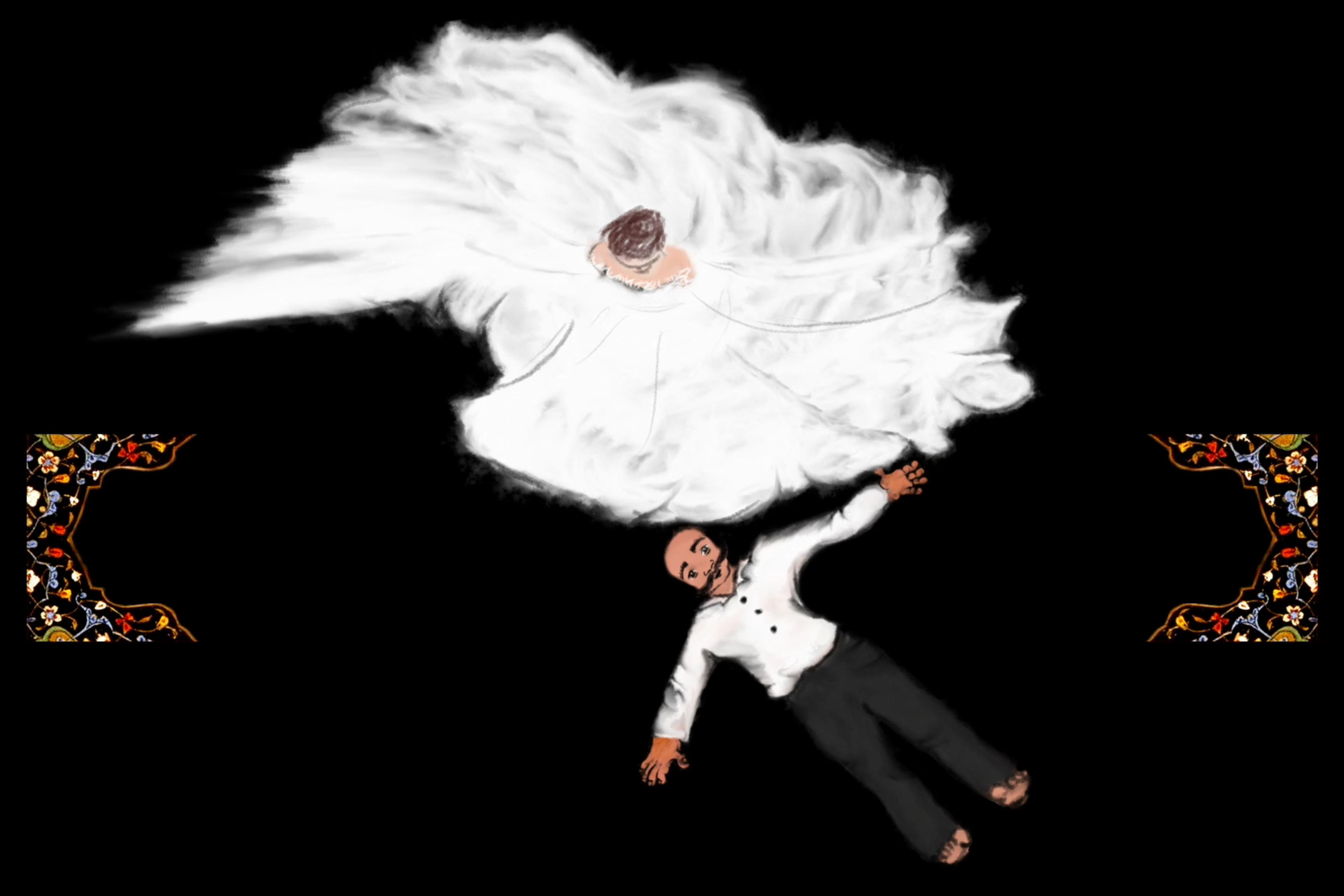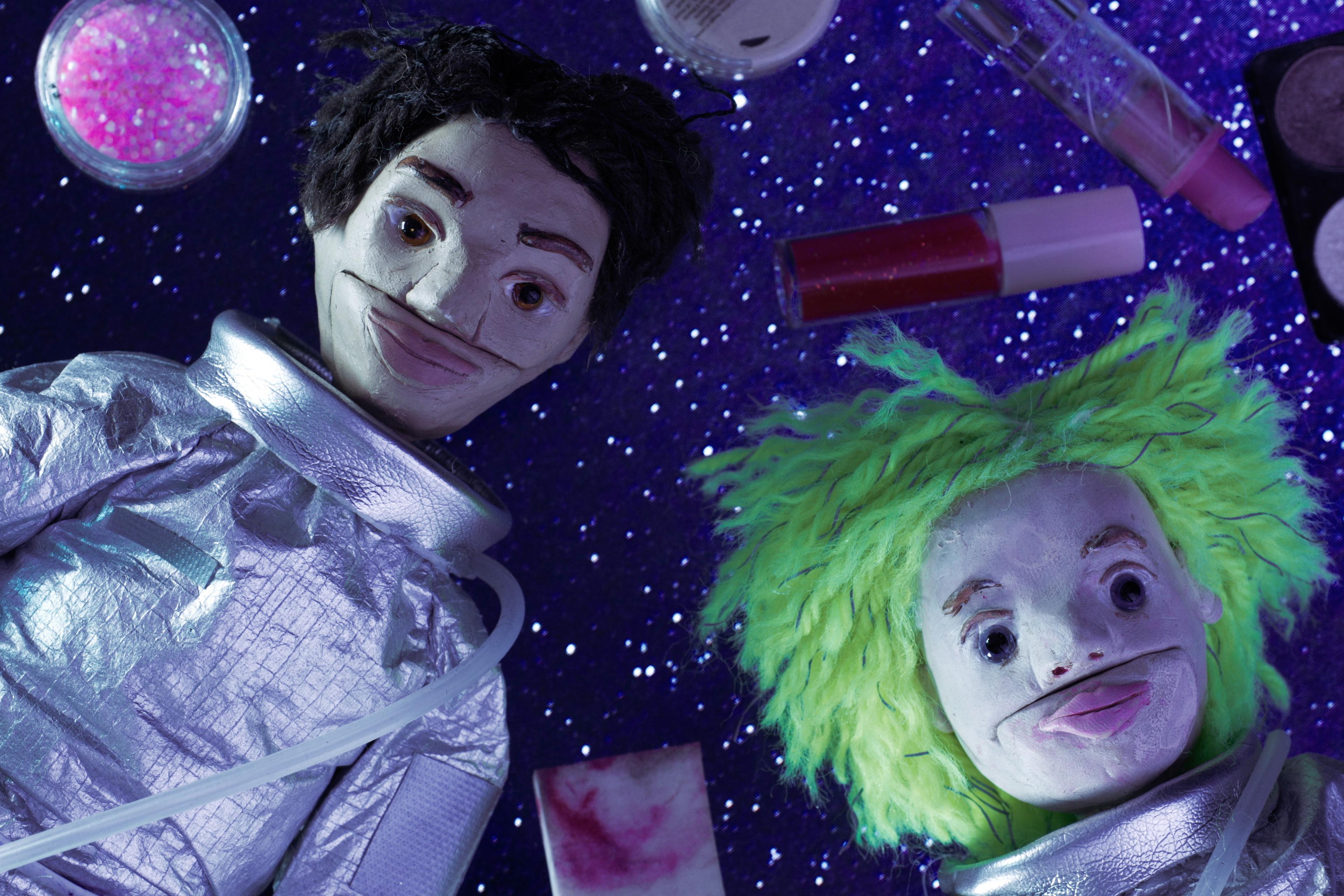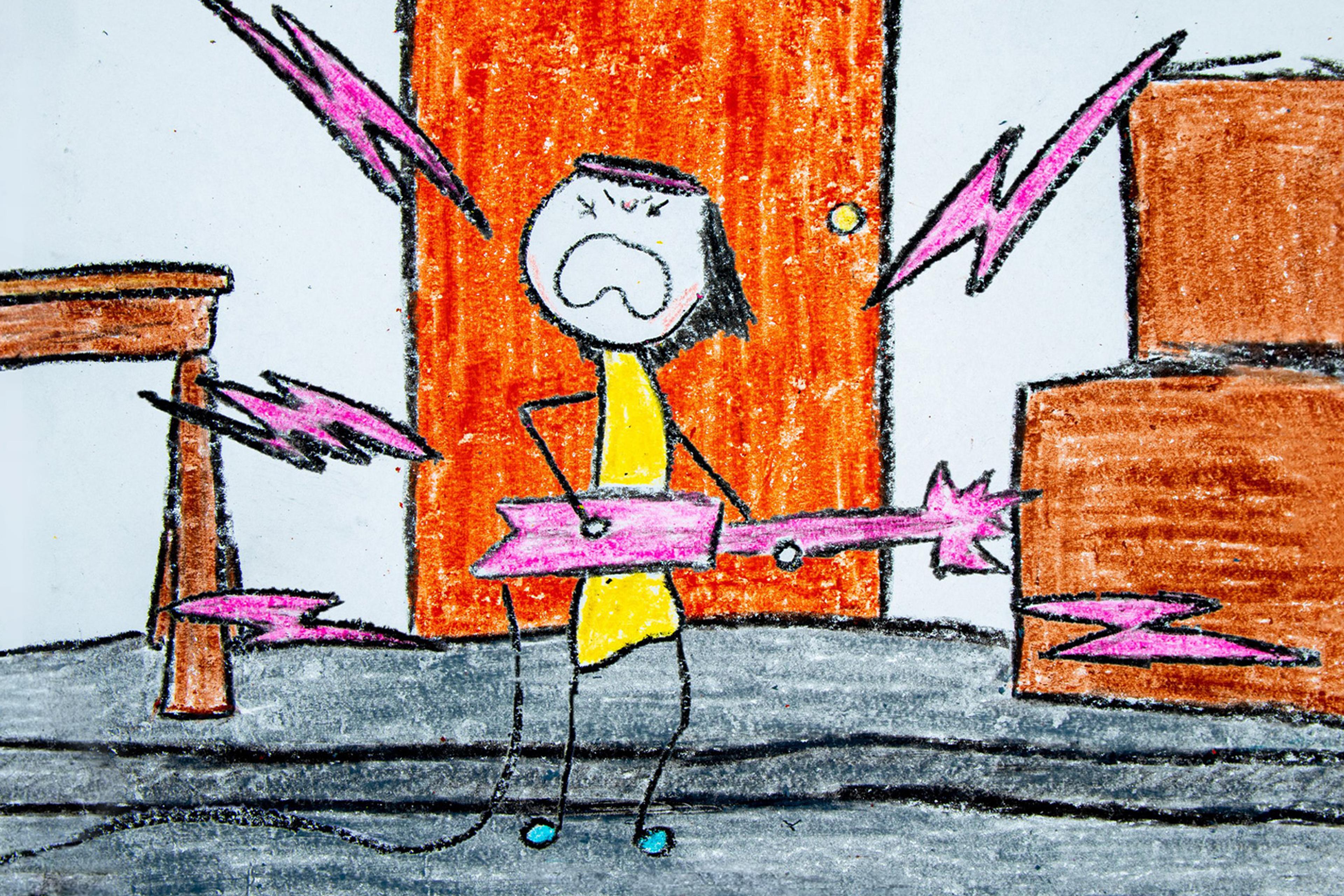Set in the sun-drenched hills of rural Iran, Asho (2016) is an endearing documentary portrait of a shepherd boy named Mohammad Reza, also known as Asho, who aspires to be an actor despite it being against the wishes of almost everyone around him. In Asho’s favour, he has a beautiful singing voice and a magnetic on-camera presence; there’s no doubt that he has the enigmatic ‘it’ factor so essential in show business. On the downside, he’s constantly falling asleep on the job and not very good at sharing the limelight. What’s more, Asho’s life path seems to have been already predetermined by his parents.
As the family’s eldest son, Asho is expected to tend to his father’s flock of sheep. But, as he readily admits, he’d rather be lying in the fields watching films on his tablet – which he used to do before a panicked ram cracked his screen. Taking in one film a day is his ideal method of becoming a better actor. He’s a real cinephile through and through, unshy about his love for Tim Burton and Jodie Foster. When he critiques films such as La La Land (2016) or Babel (2006), it’s not hard to picture him in a 1960s Parisian cinema club with the likes of François Truffaut, fervently arguing about which films are overrated.
Along with his in-depth knowledge of cinema – or perhaps owing to it – Asho sees himself as the main character in his own story. As a result, he’s aggravated by the aspects of his life that are out of his control. For instance, as soon as his cousin Pari was born, it was decided that Asho would marry her. Naturally, he has conflicted feelings about their arranged marriage, not least because the ‘improper’ engagement was made when he was a baby (not to mention that she’s taller than him). And so, halfway through the film, when the camera instead points to Pari, Asho is filled with boyish jealousy.
In many ways, Asho personifies the tension between tradition and modernity in Iranian culture. He doesn’t wish to be planted in the soil he comes from, which is a feeling of agency at least partially inspired by his exposure to the world of cinema. Yet, when Pari expresses her own desire to be an actor, Asho hypocritically chastises her, claiming that an actor wouldn’t make a good wife. Meanwhile, the endearing truth is that Pari actually aspires to be a doctor, and tells Asho that she’d like to be an actor only to keep him close to her when he becomes famous.
With Asho, the Iranian filmmaker Jafar Najafi tells a complex story of tradition, gender and childhood with sincerity and a keen sense of humour. Perhaps most admirable is Najafi’s ability to direct the film without a heavy hand or a hint of judgment. He expertly captures the whimsy and relatability of his subjects, while leaving room for the audience to breathe during quiet, emotional moments. At the heart of the film, though, is Asho’s irresistible wayward personality and his courage to dream. And it would be remiss not to mention Pari’s impressive ability to steal the screen from Asho. With these two excellent leading performances, Nafaji crafts a film that’s even more entertaining and heartfelt than many of the Hollywood works that Asho himself so admires.
Written by Tamur Qutab







